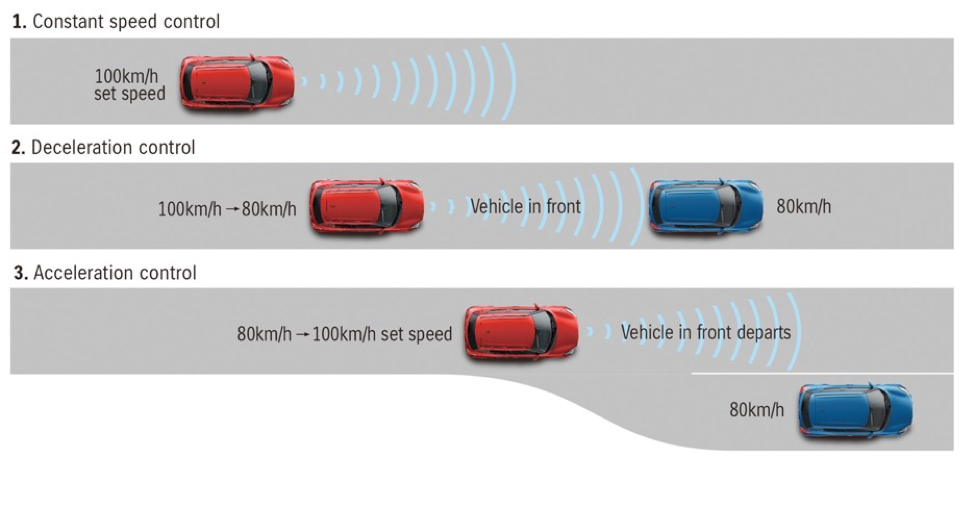FAQ’S ABOUT AVs
The burning question for many people is: when will all of this happen? It won't happen overnight because current forms of transportation are so well entrenched. It will also take some time for the different technologies to be developed. Most importantly different types of AVs will be introduced in different ways. Some will be easier to develop and introduce. And some will have more significant benefits and get a higher priority. I see all of this evolving in stages.
Government regulation and encouragement of AVs are yet to be determined. AVs are not just new technology; they are a new way of life through vastly different transportation. And transportation is at the center of our lives. Governments have instituted regulations controlling transportation for almost a century at the federal, state, and local levels. So, it is reasonable to expect many questions regarding the regulation of AVs.
One of the valid concerns about autonomous vehicles is the disruptions they will cause, particularly lost jobs. The basic economics of a technology/capital alternative replacing a labor-intensive business model has shown throughout history that jobs are replaced. Historically, new jobs have traditionally replaced those lost to new technology, but that may not be true forever.
Accidents involving AVs get a lot of publicity because they provide unique stories and because companies that are vulnerable to AVs want to delay them as much as possible. An AV accident, especially one involving a fatality, will get published hundreds of times across a range of publications. Fatal accidents involving human drivers are so commonplace that they receive only a brief mention in the local press, if at all.
In autonomous vehicle is a basic vehicle with no intelligence that then has the autonomous driving capabilities added to it. The autonomous driving capabilities include the sensors, computers, and autonomous software. Services such as autonomous ride services will provide autonomous vehicles, and AVs will also be sold at retail to individuals for private ownership. There are many questions about how this will emerge and what companies will be involved.
There are many functions or capabilities required in an autonomous vehicle (AV). Some of these technologies may be familiar, while others will be new. Some of these capabilities are available in many cars today, but they also are necessary to provide the foundation for autonomous driving. This chapter will attempt to answer questions about these autonomous driving capabilities in the simplest terms possible.
In addition to autonomous vehicles for transporting passengers, AVs will automate other forms of transportation as well. Home delivery of food and packages will change significantly, but some segments will change much faster than others. Long-haul trucking will quickly see the advantages of autonomous driving. Buses and other transport vehicles will also be automated to varying degrees. Let’s look at the questions this raises.
Autonomous ride services (ARS) have already been discussed a little earlier in this book, and this probably raised many questions that will be answered here. ARS is perhaps the most significant change that will be brought about by autonomous vehicles. It will be the first significant opportunity, and it may be the largest.
The economic and social benefits of autonomous driving are immense. There may not be anything in history that provides benefits that are as significant and broad. Some of these have been publicized, but others may not be so obvious. Here are the questions generally asked about the benefits of AVs.
The best way to understand how autonomous vehicles (AVs) will change the ways we go about our lives and the ways we work, is to imagine the new lifestyle models that AVs will create. These fictitious examples illustrate answers to questions about how AVs might make a difference.
Most people understand that an autonomous vehicle drives itself without a human driver. However, beyond that, many people are confused or have misconceptions. Many people are curious and want to learn about how a car can drive itself. Others will accept it and never try to understand how it works. For the curious, here are the answers to some frequently asked questions about how a car can drive itself.











What is an autonomous vehicle? There are several levels of autonomy for a car, and there are different types of autonomous vehicles. All of this raises many questions. Let's start with some of the basic ones.